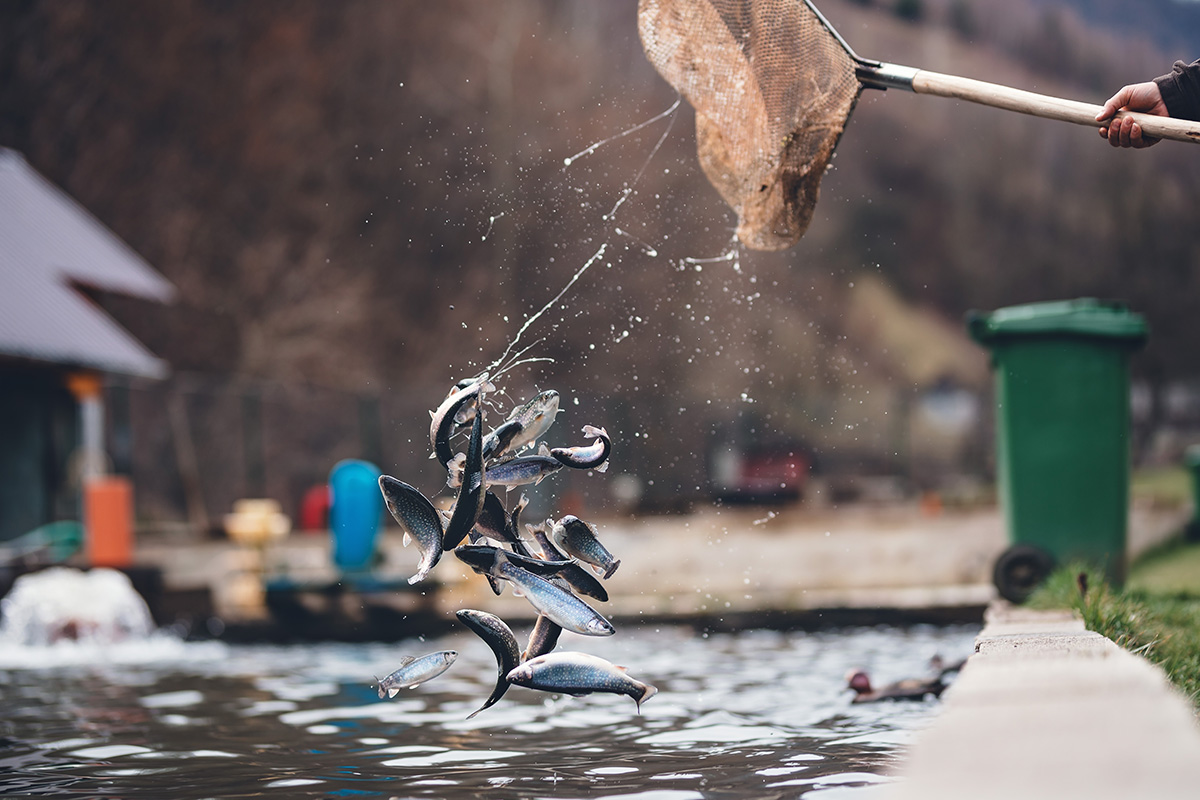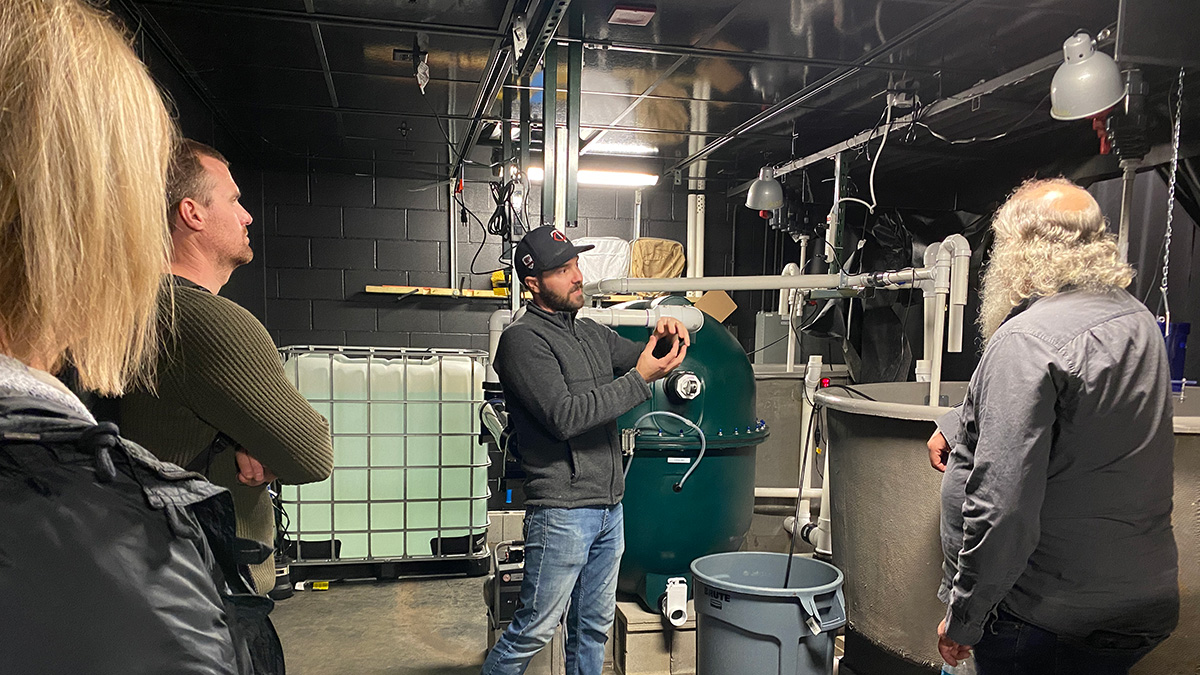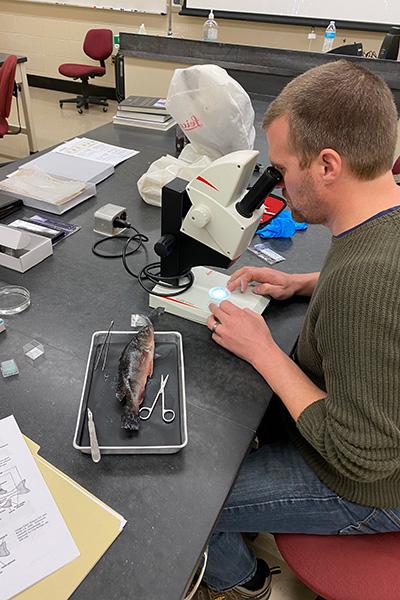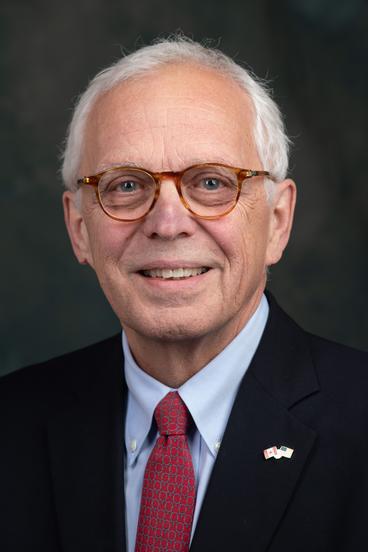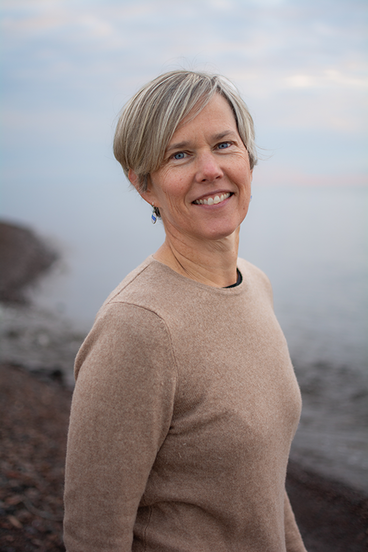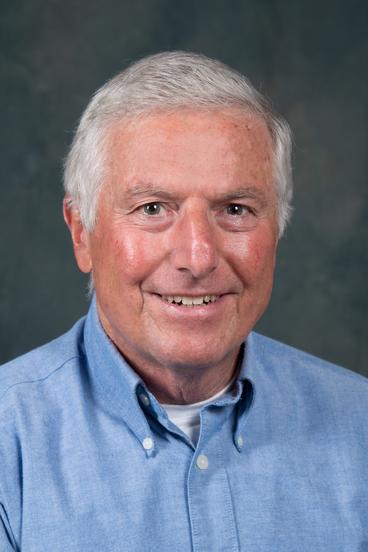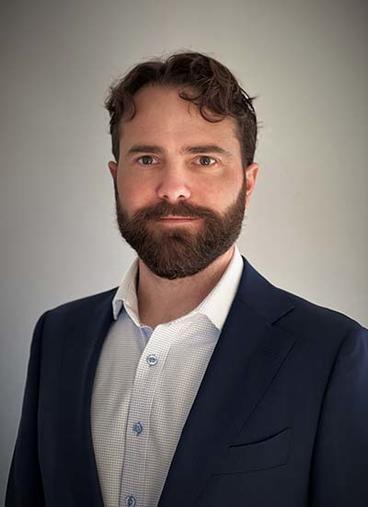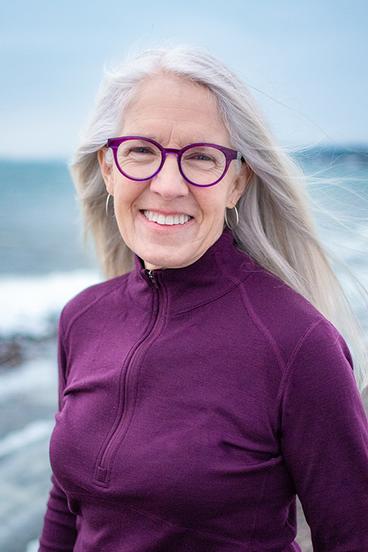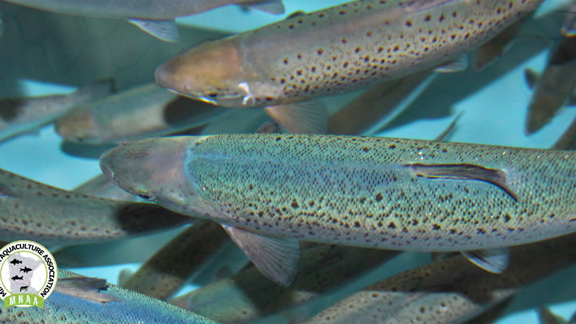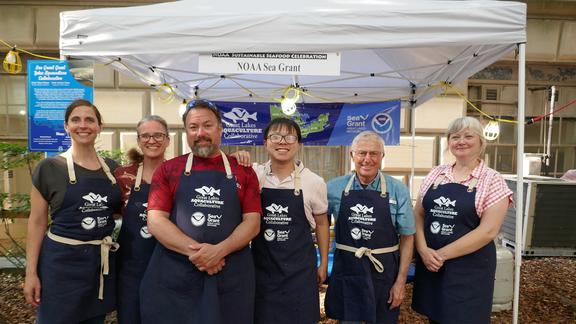Program Staff
Program News
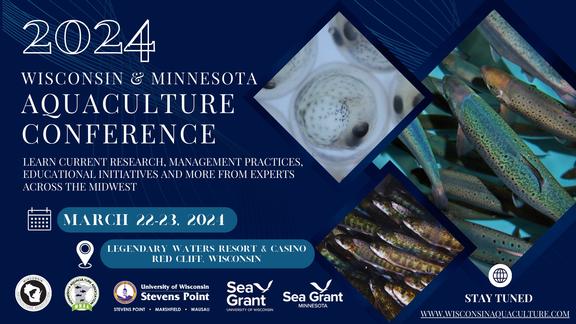
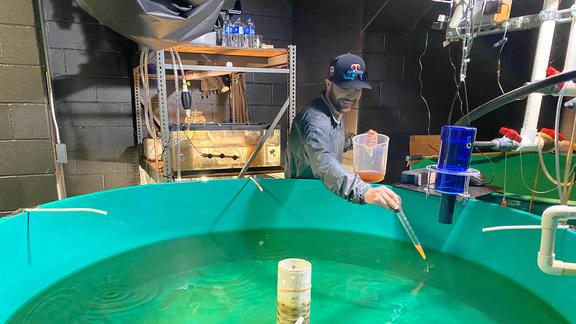
Application Period is Open - Deadline April 14, 2024
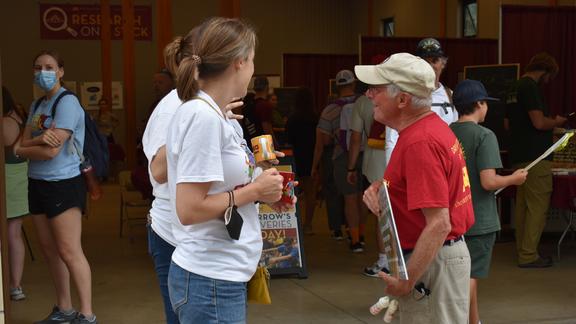
Staff from Minnesota Sea Grant Fisheries and Aquaculture Program will be presenting recent and ongoing projects that addres

The Minnesota Sea Grant-led Great Lakes Aquaculture Collaborative is offering reimbursement to attend and/or present at state or regional aquaculture meetings in the Great Lakes states.
Partners
- Illinois-Indiana Sea Grant, Sea Grant Programs
- Michigan Sea Grant, Sea Grant Programs
- Michigan State University, Academic Institution (College and University)
- Loyola University, Academic Institution (College and University)
- New York Sea Grant, Sea Grant Programs
- Ohio Sea Grant, Sea Grant Programs
- Pennsylvania Sea Grant, Sea Grant Programs
- Wisconsin Sea Grant, Sea Grant Programs
Media Mentions
Changed
